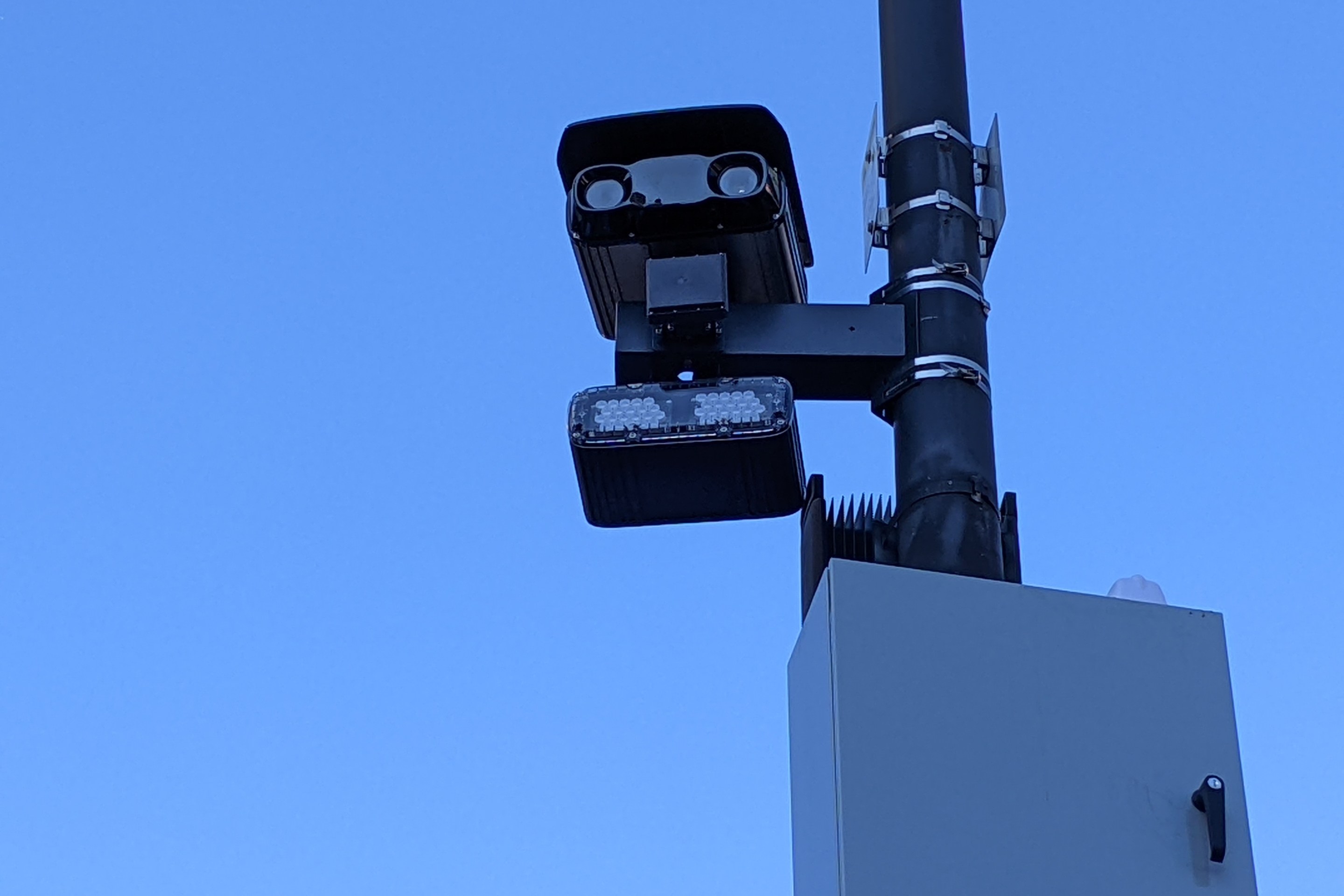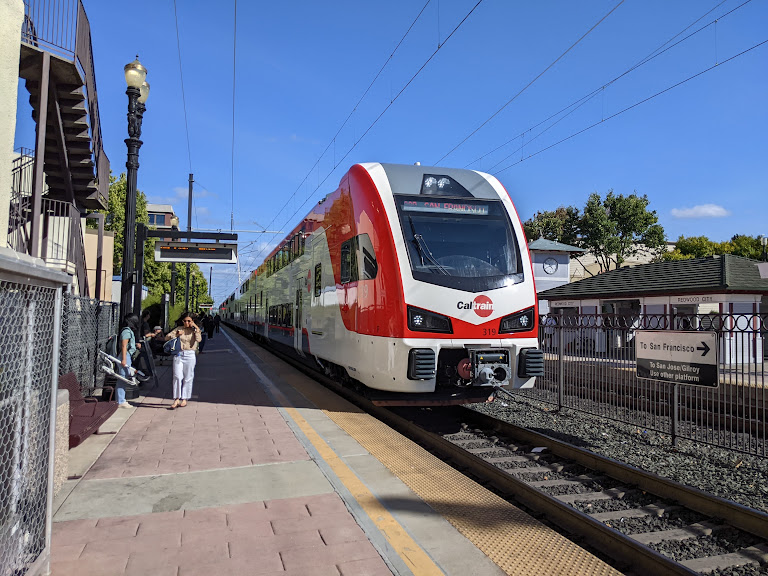The trouble with broad analysis pieces on campaign cash is that they
often go for eye-popping numbers while obscuring uncomfortable
political realities. For example, GreenWire reported this morning that the 27 senators who remain undecided on the chamber's pending climate bill took "more than $20 million ... over the past two decades from energy interests with a direct stake in pending legislation."
 Sen. Carl Levin (D-MI) (Photo: CNN)
Sen. Carl Levin (D-MI) (Photo: CNN)Whoa!
$20 million is a big number. But the story never defines its
terminology: Should the private-equity giant Carlyle Group be
classified as an "energy interest," given that it has stakes in 40 energy companies, or as an unrelated financial firm?
And
given that Republicans, with the exception of Sen. Lindsey Graham
(R-SC), have shown next to no willingness to play a meaningful role in
passing climate legislation, why attach the "fence-sitter" label to
senators such as John McCain (R-AZ) -- who days ago slammed the chamber's bill as "horrendous"?
But
GreenWire's calculations are worth re-running, if only because they
smartly combine the transportation and electricity industries into one
bloc. As electrified transport continues to command
Washington's attention, automakers and power providers are finding
their priorities increasingly in alignment -- and their hands
increasingly extended for similar government subsidies.
Of the 27 senators deemed climate fence-sitters by GreenWire, 17 are
Democrats. Using data from the non-partisan Center for Responsive
Politics (which only dates back 20 years), Streetsblog Capitol Hill ran
down the numbers on how much campaign money those 17 senators received
from the transportation and electricity interests that ranked among
their top 20 donors.

The
final tally: $2.3 million, broken down by senator in the chart at
right. The Senate Democrats who hauled in the most from the transport
and electricity sectors were Michigan's Carl Levin and Debbie Stabenow,
who maintain close ties to the domestic automakers in their home state,
and Byron Dorgan (ND), whose top career donors included Northwest
Airlines and the United Transportation Union.
As President Obama prepares to visit global climate talks in Copenhagen next month bearing
a U.S. emissions reduction target that tracks the already-passed House
legislation, all eyes will turn to the Senate's precarious political
dynamics.
In the upper chamber, Finance Committee Chairman
Max Baucus (MT) -- among the 17 undecided Democrats on the climate bill
-- is eyeing a January markup of the revenue allocations approved earlier this month by Barbara Boxer's (D-CA) environment committee.
Boxer's
version of the legislation included hundreds of millions of dollars in
annual grants for transit, land use planning, and other clean transport
projects, but it's far from clear whether Baucus is prepared to keep
that funding alive.
On the electricity front, the Senate bill
also includes a national renewables standard that aims to make transit
systems -- as well as much-touted plug-in hybrid autos -- run on
greener power. But some fence-sitting Democrats, such as Sen. Jim Webb
(VA), are pushing for greater consideration of nuclear power as a renewable energy source.
With a lengthy climate debate poised to cement the Senate's self-created reputation
as "the world's greatest deliberative body," the transportation
decisions made by the 17 undecided Democrats are worth watching closely.





